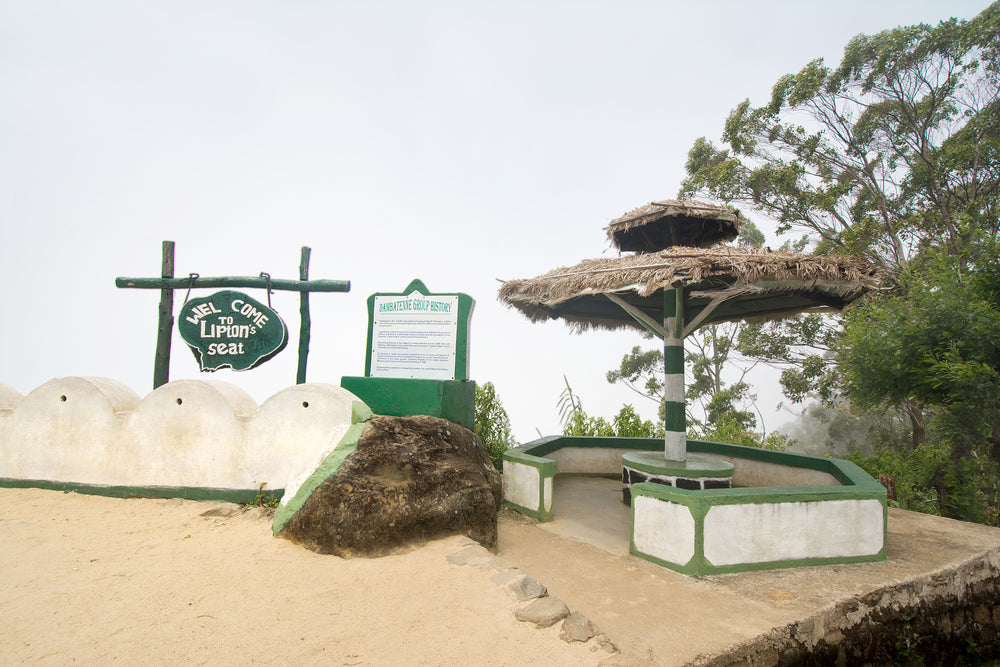Add description, images, menus and links to your mega menu
A column with no settings can be used as a spacer
Link to your collections, sales and even external links
Add up to five columns
Add description, images, menus and links to your mega menu
A column with no settings can be used as a spacer
Link to your collections, sales and even external links
Add up to five columns

How Lipton Tea Built an Empire
June 06, 2018 3 min read
How Lipton Tea Built an Empire
How Thomas Lipton Built a Tea Empire
Lipton Tea is a household name, available in grocery stores worldwide. The brand, synonymous with Big Tea, has a rich history that many tea enthusiasts might not know. Lipton Tea was once the epitome of the "farm to table" concept, boasting the slogan "direct from tea garden to tea pot."
Thomas Lipton, a Scottish-born son of an Irish grocer, was already a millionaire before entering the tea industry. He founded a successful chain of grocery stores in Glasgow in 1871, which made him wealthy by age 40. However, he saw a greater opportunity in the British working class's growing demand for tea, a beverage that had become popular among all British classes by the late 1800s.
At that time, tea was considered a luxury, with shops selling loose leaf tea for the equivalent of 50 cents a pound, unaffordable for many working-class families. Lipton's innovative idea was to cut out the middleman and reduce the retail price to 30 cents a pound, making tea affordable while still securing a profit. To achieve this, he needed to grow his own tea, requiring substantial land.
Lipton's strategic move involved secretly traveling to Ceylon (now Sri Lanka), which had been a leading coffee producer until a fungus devastated the industry in the 1860s. Many planters switched to tea, and by the time Lipton arrived in 1890, Ceylon was exporting about 45 million pounds of tea annually. Land prices were low, and Lipton seized the opportunity, acquiring multiple tea estates and implementing machinery for higher production.
Lipton revolutionized tea sales by introducing pre-measured packets of tea, simplifying the process for shopkeepers and ensuring consistent quality for customers. This innovation eliminated doubts about the accuracy of shop scales and the tea's origin. According to Michael D'Antonio, author of A Full Cup: Sir Thomas Lipton's Extraordinary Life and His Quest for the America's Cup, "He developed the first consistent brand of tea that was the same from package to package, from location to location, every time you bought it." Lipton's affordable pricing made his tea a hit.
The brand's marketing was also groundbreaking. Lipton used the image of a Tamil tea plucker on the packets, along with the slogan "Direct from tea garden to tea pot." This branding helped Lipton expand his market beyond his own shops, reaching retailers across the UK and beyond. At the 1893 World's Fair in Chicago, Lipton sold 1 million packets of tea, establishing his brand in America as well.
Despite his success, Lipton eventually had to buy tea from brokers to meet the growing demand, as his estates couldn't supply enough tea. However, the public perception of Lipton tea being directly sourced from his gardens remained strong. Lipton's marketing genius and showmanship, including memorable stunts like parading pigs through Glasgow and hosting brass band parades, played a significant role in his brand's success.
Today, Lipton is a global brand owned by Unilever, selling tea in over 150 countries. While it no longer owns tea gardens in Sri Lanka, the legacy of Thomas Lipton's innovative approach to tea production and marketing continues to influence the industry.
2024 Tea Trends and the Tea Industry
The History of Black Tea Across the World
Subscribe
Sign up to get the latest on sales, new releases and more …
